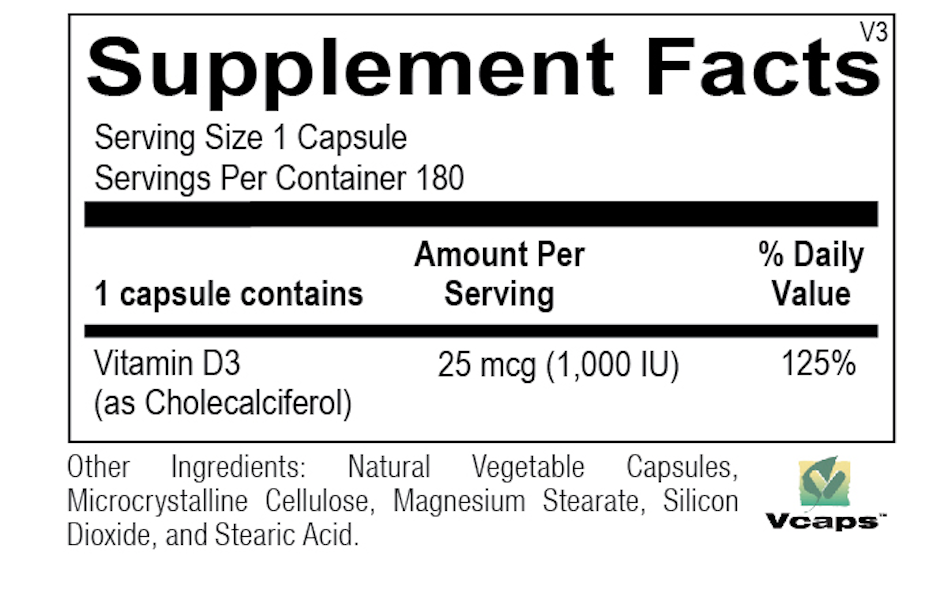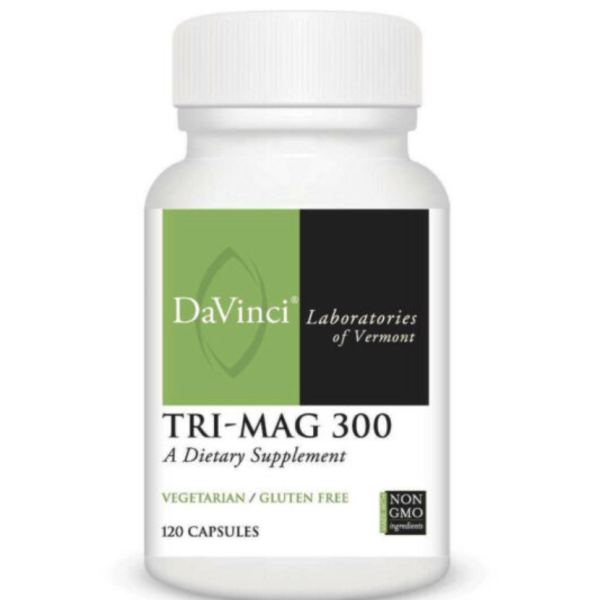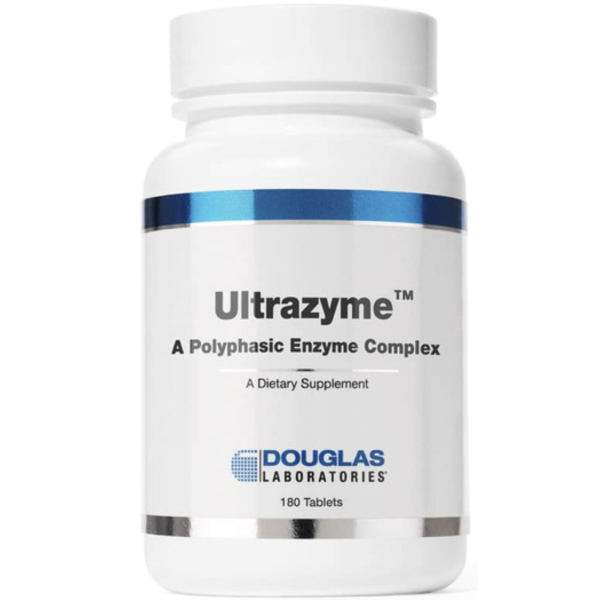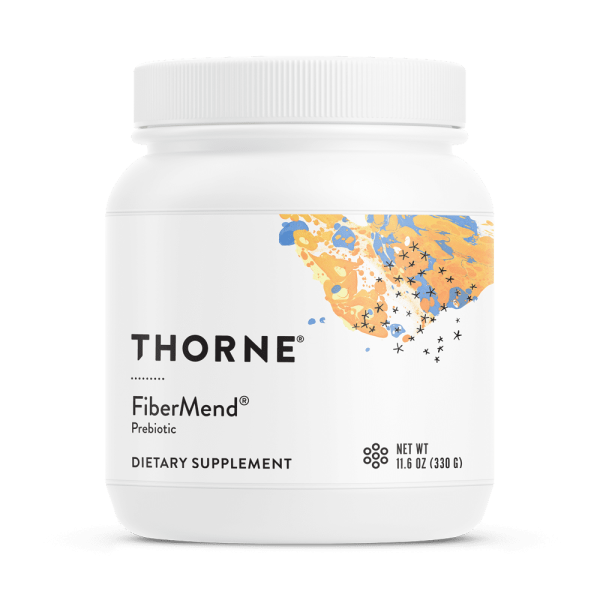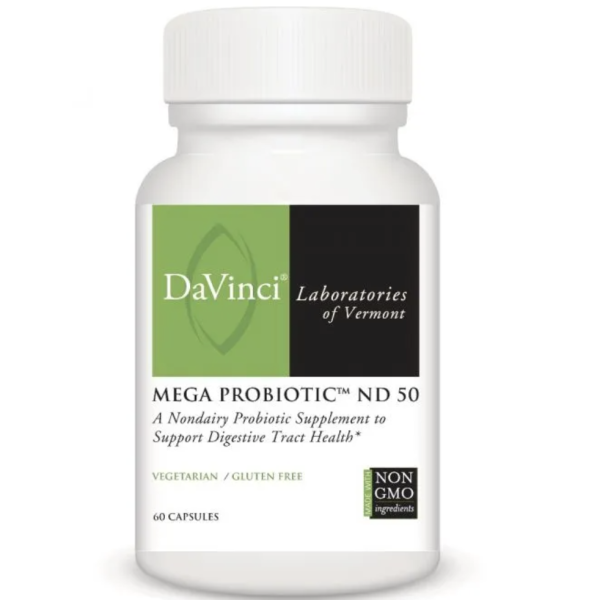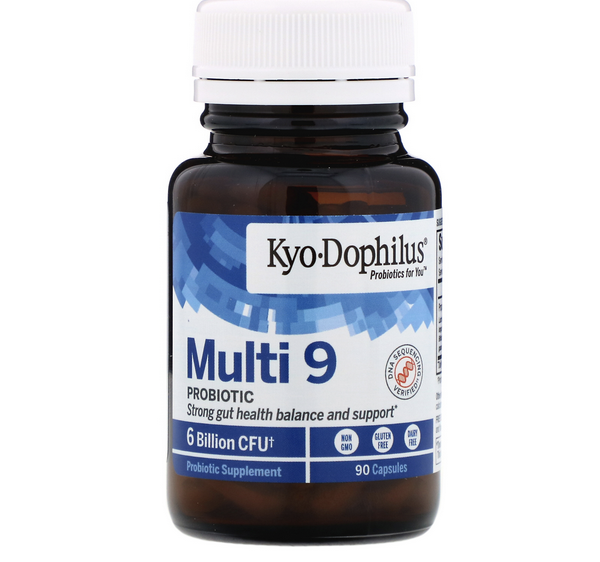Vitamin D is a steroid vitamin, a group of fat-soluble prohormones that are best known for the role they play in supporting bone health and aiding in the absorption of calcium and phosphate from the gastrointestinal tract. A growing body of research highlights its important role in supporting other body systems, including cardiovascular and blood sugar balance, musculoskeletal strength and neurological and immune function, enabled by its ability to target over 200 different genes throughout the body. At the same time, deficiency and insufficiency of this important nutrient has reached epidemic proportions around the world, making the achievement of optimal levels extremely important than ever to overall health and wellbeing.
Overview
Known as the sunshine vitamin, one of the key roles of vitamin D is maintaining serum calcium and phosphorous balance. Our bodies make vitamin D by converting vitamin D2 to D3, or cholecalciferol (the active form) when exposed to sunlight. D3 is also the form which the body derives from dietary cholesterol. When calcium and phosphorus levels dip in the body, parathyroid hormone (PTH) is released to increase vitamin D conversion to the active form. D3 is then metabolized to calcitriol, a steroid hormone that helps regulate a variety of genes through the vitamin D receptor (VDR). While vitamin D is available in both forms as supplements, studies have found vitamin D3 is the preferable form, as it has been found to maintain active vitamin D levels for a longer period of time. This Vitamin D formulation is delivered as D3 (cholecalciferol) for optimal use by the body and is available in 1,000 and 5,000 IU capsules, to meet a variety of individual needs.


